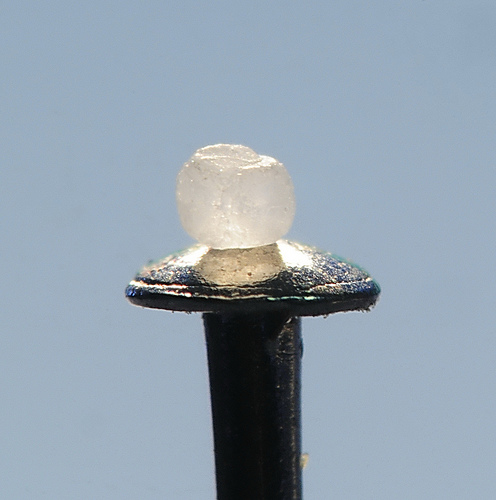FWP:
In this verse we don't even have a subject (although we assume of course that it's the beloved). And as so often, we have two independent lines, and no clear indication how to link them.Perhaps the first is an explanation of the second (the speaker notices her behavior in the presence of salt, and has now found out how to account for it). Or perhaps the second is an explanation of the first (he is delighted at her appreciation of the wound in his liver, and gives an example of her admiration for it). The vāh vāh , though it initially presents itself as the speaker's (sincere? sarcastic?) approval of her attitude, could also be a quotation of her words, an exclamation of approval as she 'does justice to' the wound in the liver.
But what does it really mean to 'do justice to' the wound in the liver? To admire it? To think about it? To poke and prod it approvingly? To add more salt to it? Any or all of these, of course. And what does it mean for her to 'remember' him? It's something active, for yād karnā is much stronger and more intentional than the intransitive yād ānā . When the king sends for someone, the messenger tells that person that the king has 'remembered' him; the king's recollection is taken as equivalent to a command for immediate appearance in the Presence (see the definition above). This is why Nazm interprets the beloved's 'remembering' of the lover as an immediate summons to her Presence.
Does the sight of salt trigger her memory because the lover's
liver-wound is already so full of salt? Because it's never full enough of salt to suit him (and/or her)? Because she has so often sprinkled
salt into it? Because it reminds her how enjoyable it would be to send for
him and sprinkle more salt into it? As usual, why not all of the above?

Nazm:
It's an expression of the beloved's mischievousness, that she sprinkles salt in wounds and where she sees salt, she remembers me; that is, she sends for me and sprinkles salt in my wounds. (79)
== Nazm page 79